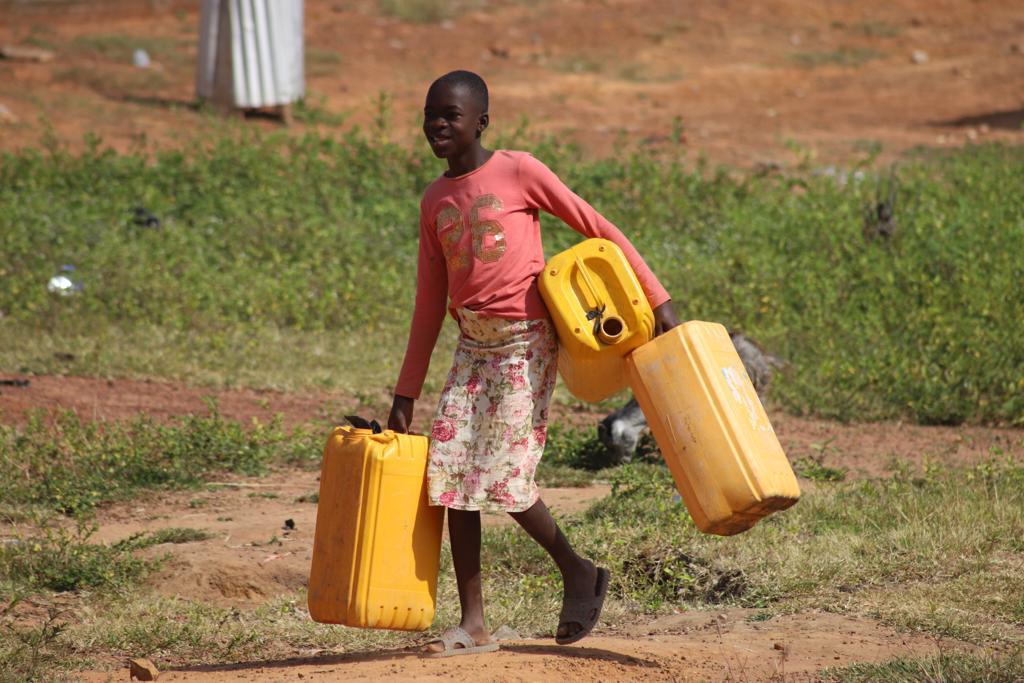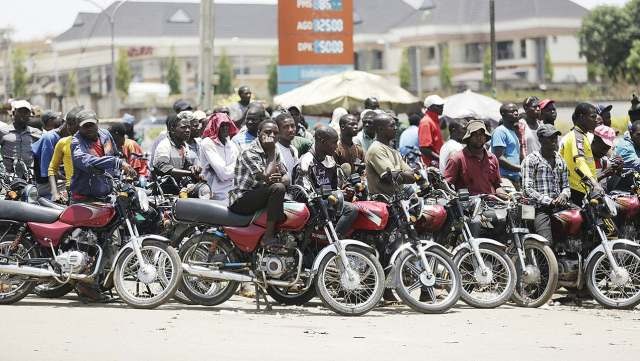
More than 74 per cent of respondents in a baseline survey, has expressed dissatisfaction with the level of access to potable water in the Lawra District of the Upper West Region.
The survey which was commissioned by the Centre for Indigenous Knowledge and Organisational Development (CIKOD) has also revealed that 54.8 per cent of respondents from the Nandom District also expressed disapproval over the issue.
Speaking during a validation workshop in Lawra, Dr Raymond Aabeyir, the Consultant to the baseline study said respondents sentiments were based on the challenges confronting them in terms of access to water in their various districts.
Dr Aabeyir who is also a Lecturer at the Department of Environment and Resource Studies of the Wa Campus of the University for Development Studies (UDS) said one of such challenges included longer periods of queuing to access water due to inadequate water facilities.
Others are limited flow of water from some of the facilities, the inability of communities to contribute promptly towards maintenance and repairs as well as quality of water with respect to taste, colour and smell among others.
He said some women covered distances over four kilometers to access water which was above the minimum acceptable distance of 200 meters as set by the United Nations High Commissioner for Refugees (2008).
Dr Aabeyir said the poverty situation in the two districts was at worse situations as average earnings of respondents fell far below the national average of GHc 445.00.
The baseline study consultant said even though the use of pit latrines was high among respondents, adherence to the hygiene component was very low as majority of the facilities had no hand washing facilities in place.
Mr. Mathias Jatoe, Agro-Ecology/Ecological Water and Sanitation Hygiene Manager for CIKOD North said it was based on this challenges that the Water for Resilience project was being implemented in the two districts.
Mr Jatoe hinted that the project would see to the provision of 25 boreholes, 75 garden wells, institutional latrines in schools, hygiene equipment in communities as well as school gardens.
He said the project aimed at ensuring that there was adequate water throughout the year, which would enable women to engage in vegetable production during the dry season to increase income levels while improving families nutritional status.
Mr Daniel Banuoku, Deputy Director in charge of CIKOD North explained that the workshop would allow stakeholders the opportunity to understand and validate the study findings and also set bench marks for the project.
On the School gardens, Mr Banuoku said CIKOD intended to link the gardens to the school feeding programme so that matrons would have access to fresh organic vegetables produced by the students to prepare their meals.
He said this was important because, the markets were now being flooded with chemically produced vegetables that posed a lot of threat to human health.
The “Strengthening Resilience through Improving Access to Water in the Region of Eastern Burkina Faso and Northern Ghana” was developed by HELVETAS Swiss Intercooperation (HIS) with Groundswell International being an implementing partner together with CIKOD and Feed Without Destroy.
GNA






















Facebook
Twitter
Pinterest
Instagram
Google+
YouTube
LinkedIn
RSS